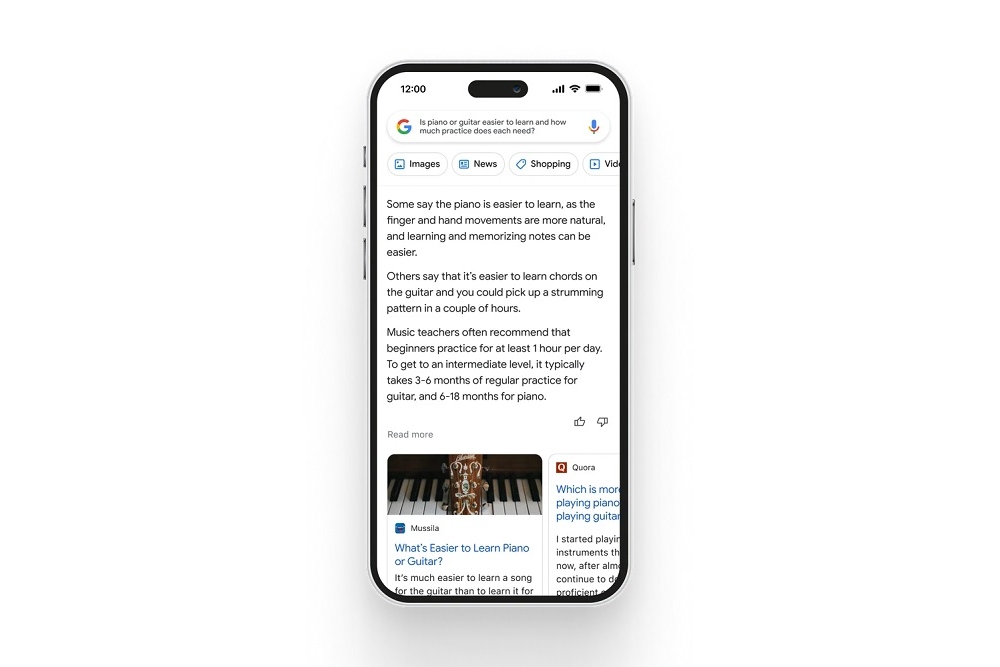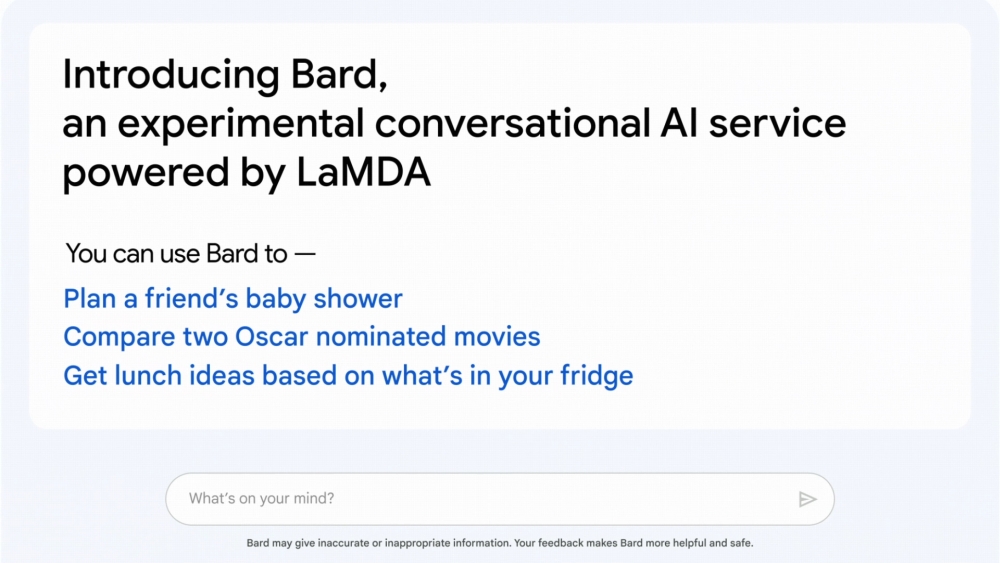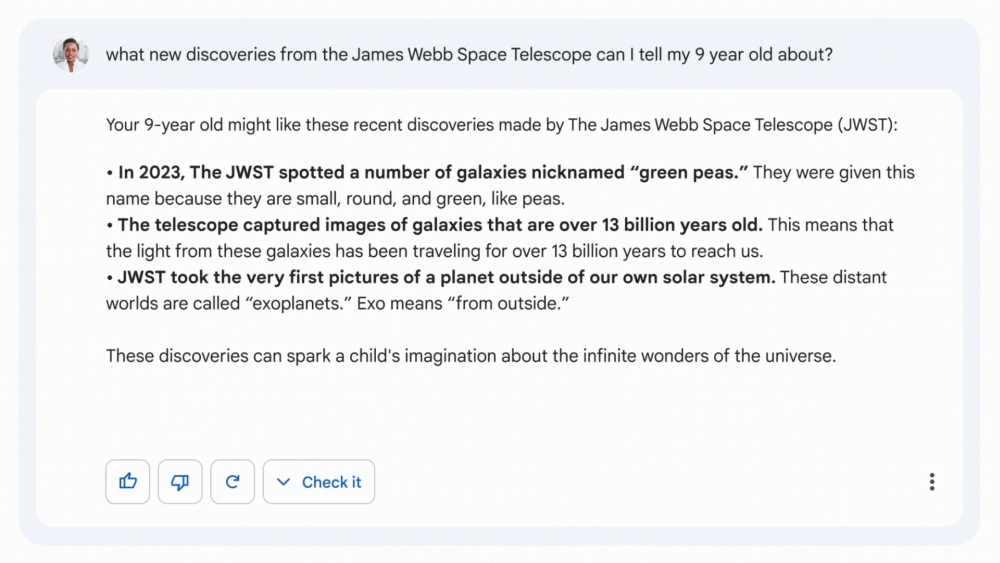Early last month, Google announced Bard, its language model AI to rival the likes of OpenAI’s ChatGPT. It was beaten to the punch by Microsoft, which released its Bing AI to the public, albeit in a still limited capacity. Though now, the internet search giant has gotten to the same point, opening up Bard to more people compared to the previous limited beta. And as you’d expect, there are stories about people making use of the AI, with the same sort of results as we saw with ChatGPT and Bing.
In the announcement post, Google says upfront that it may give incorrect responses to prompts because it the language model learns “from a wide range of information that reflects earl-world biases and stereotypes”. And true enough, we see this example by The Guardian showcasing its incoherence and and inaccuracy, as well as this one by Tom’s Hardware showing an example of Bard being a plagiarist.

As mentioned in the initial announcement, Google has given Bard the ability to give users up-to-date information by scouring the internet. This is as opposed to, say, ChatGPT, which has been trained on data up to September of 2021. But this access to more up to date information may also be a double-edged sword, as it possibly struggles to vet the information for accuracy.

All that being said, as mentioned above, Google is opening up Bard to more users, and therefore testers. The company says that it is rolling out access in the US and UK first, and then expanding over time to more countries and languages. No timeline on these additional countries and languages, but you can try signing up and joining the waitlist in the meantime. Both the announcement post and the waitlist signup page are linked below, alongside the two examples of Bard doing AI things.
(Source: Google [1], [2], Guardian, Tom’s Hardware)
Follow us on Instagram, Facebook, Twitter or Telegram for more updates and breaking news.



